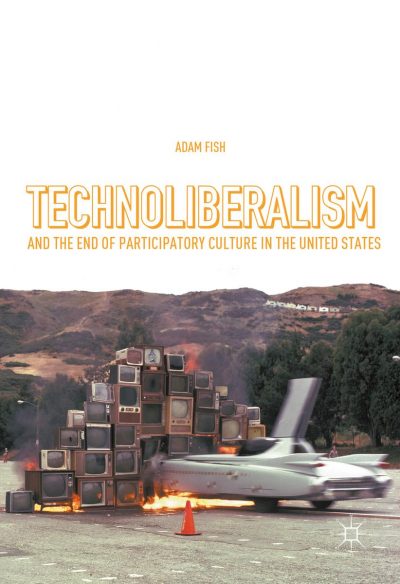Wait Wait… Don’t Play Me: The Clicker Game Genre and Configuring Everyday Temporalities
By Oscar Moralde “We do not say that we have learnt, and that anything is made new or beautiful by mere lapses of time; for we regard time itself as destroying rather than producing, for what is counted in time is movement, and movement dislodges whatever it affects from its present state.”1 “The Time Machine brings cookies from the past, before they were even eaten.”2 Game genre, duration, and the flow of the everyday Video game aesthetics extend beyond the sights and sounds encoded into datasets for electronic processing into the audiovisual worlds of player experience. They even extend beyond the feel and feelings produced by the cybernetic intersubjective assemblage of player and game at the threshold of the interface, which has become an important site of inquiry for game studies scholars.3 Game aesthetics are strongly situated aesthetics: spatial and temporal contexts not only shape the meanings that players take away from gameplay experience, but they also determine the form and types of experience that unfold in play. For example, in Hamlet on the Holodeck, …


